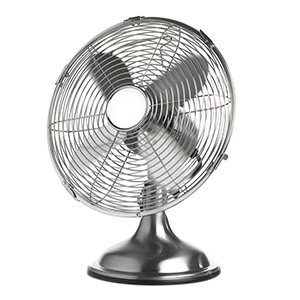Understanding Menopause
Understanding Menopause
Menopause marks the point where you’ve gone 12 months in a row without a period. The average age for this is around 51, but it can happen at younger or older ages. During the months or years before menopause, your body goes through many changes. It may be helpful to understand these changes and what you can do about the symptoms that result.
Symptoms
Perimenopause is sometimes called the menopause transition. It happens in the months or years before menopause. It may begin when you reach your mid-40s. During this time, your estrogen levels go up and down and then decrease. As a result, you may notice some of the following symptoms:
Menstrual periods that come more or less often than usual
Menstrual periods that are lighter or heavier than normal
Increased premenstrual syndrome (PMS) symptoms
Hot flashes
Night sweats
Mood swings
Vaginal dryness with possible painful sexual activity
Difficulty going to sleep or staying asleep
Decreased sexual drive and function
Urinating frequently
It is important to remember that you could become pregnant until 12 months have passed since your last menstrual period. Ask your healthcare provider about birth control choices.
Controlling symptoms
Your healthcare provider may suggest pills or an intrauterine device (IUD) that contain the hormone progesterone. This can make your periods more regular and prevent excess bleeding. If you have symptoms due to lower estrogen levels, your healthcare provider may suggest pills that contain estrogen and/or progesterone. This is called hormone therapy (HT). There are also other prescription medicines that help control some of the bothersome symptoms, like hot flashes, mood swings, and vaginal dryness.
Other ways for you to deal with symptoms are listed below.
Hot flashes. Wear layers that you can remove. Try all-cotton clothing, sheets, and blankets. Keep a glass of cold water by your bed.
Pain during sex. You can buy a water-based lubricant or vaginal moisturizer in the drugstore that may help. Your healthcare provider may also prescribe an estrogen cream for your vagina.
Mood swings. Talking to friends who are going through the same changes can sometimes help.
Updated:
February 15, 2018
Sources:
Clinical manifestations and diagnosis of menopause. UpToDate, Menopausal hot flashes. UpToDate, Treatment of menopausal symptoms with hormone therapy. UpToDate
Reviewed By:
Freeborn, Donna, PhD, CNM, FNP,Images Reviewed by Staywell medical art team.,Sacks, Daniel, MD, FACOG
